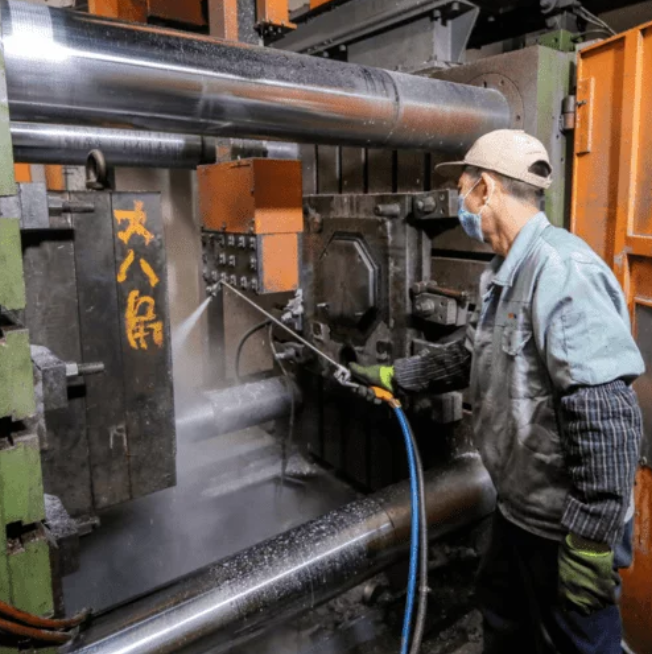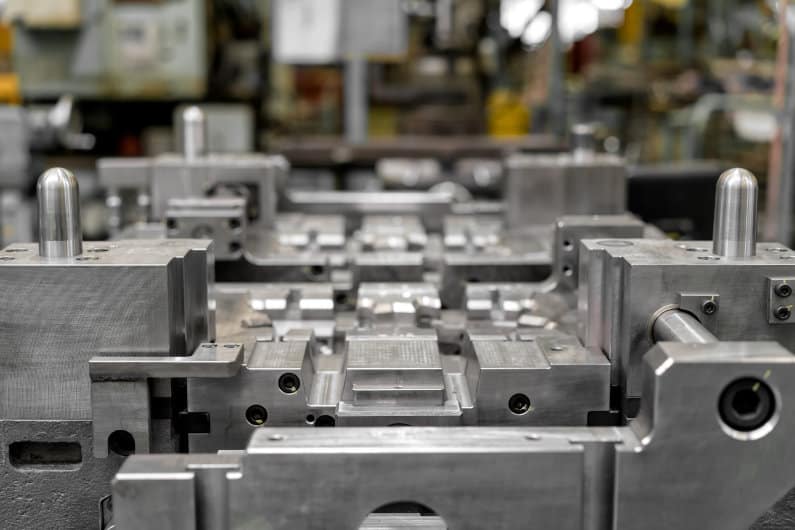Introduction:
Magnesium die casting has emerged as the ultimate solution for producing lightweight and durable parts in various industries. Its unique properties and benefits have made it a popular choice among manufacturers looking for a cost-effective and efficient method of production. In this article, we will explore the advantages of magnesium die casting, its applications, and its impact on different industries.
Advantages of Magnesium Die Casting:
1. Lightweight: Magnesium is the lightest structural metal, weighing approximately two-thirds less than aluminum and one-quarter less than steel. This unique property makes it ideal for applications where weight reduction is critical, such as automotive and aerospace industries.
2. High Strength-to-Weight Ratio: Despite its lightweight, magnesium has excellent strength-to-weight ratio, which means it can withstand heavy loads and provide structural integrity. This makes it suitable for various structural components in different industries.
3. Excellent Thermal Conductivity: Magnesium has excellent thermal conductivity, allowing for effective heat dissipation. This property makes it an ideal choice for applications that involve high temperatures, such as electronics and power tools.
4. Dimensional Stability: Magnesium alloys have high dimensional stability, allowing for precise and accurate production of complex parts. This ensures that the parts maintain their shape and dimensions even under extreme conditions.
5. Corrosion Resistance: Magnesium alloys have good corrosion resistance, especially when properly coated or treated. This makes them suitable for applications in harsh environments or exposed to various weather conditions.
Applications of Magnesium Die Casting:
1. Automotive Industry: Magnesium die casting is widely used in the automotive industry for producing lightweight and fuel-efficient parts. These include transmission cases, engine blocks, steering components, and various structural components. The weight reduction achieved using magnesium die cast parts helps improve fuel economy and reduce emissions.
2. Aerospace Industry: The aerospace industry benefits greatly from the use of magnesium die casting due to its lightweight and high strength properties. Magnesium components are used in aircraft structures, including brackets, housings, and panels, contributing to weight reduction and improved fuel efficiency.
3. Electronics and Communication: Magnesium die casting is also prevalent in the electronics and communication industry. It is used for producing lightweight and heat-dissipating components such as laptop frames, smartphones, and power tool housings. These components require efficient heat dissipation to prevent overheating and ensure optimal performance.
4. Medical Equipment: Magnesium die casting finds its application in medical equipment manufacturing. It is used for producing lightweight and ergonomic components such as surgical instruments, medical devices, and implants. The lightweight nature of magnesium makes it easier for medical professionals to handle and operate the equipment.

Impact on Different Industries:
The utilization of magnesium die casting has had a significant impact on various industries. It has revolutionized the automotive and aerospace sectors by enabling manufacturers to produce lightweight, fuel-efficient, and environmentally friendly vehicles and aircraft. The electronics industry has also benefitted from magnesium die casting by producing high-performance devices that can dissipate heat effectively. Additionally, the medical field has seen advancements in the development of lightweight and ergonomic medical equipment, enhancing patient care and improving medical procedures.
Conclusion:
Magnesium die casting has emerged as the ultimate solution for producing lightweight and durable parts. Its unique properties, such as lightweight, high strength-to-weight ratio, excellent thermal conductivity, dimensional stability, and corrosion resistance, make it an ideal choice for various applications. The automotive, aerospace, electronics, and medical industries have greatly benefited from magnesium die casting, leading to advancements in fuel efficiency, performance, and patient care. As technology continues to advance, magnesium die casting will play a crucial role in shaping the future of manufacturing and innovation.
-

- Magnesium Aluminium alloy die casting parts Chain cover for automotive
-

- Magnesium alloy die-casting wheel for ebike
-

- parts&comopnents for bicycle suspension fork for MTB
-

- OEM die-casting components & parts
-

- OEM Die casting manufacturer produce magnesium alloy wheel for kids push bike
-

- Customized foundry products e-bike components magnesium alloy wheel

 0086-750-5616188
0086-750-5616188 +86 13392089688
+86 13392089688 sales@zhongmei-tech.com
sales@zhongmei-tech.com







